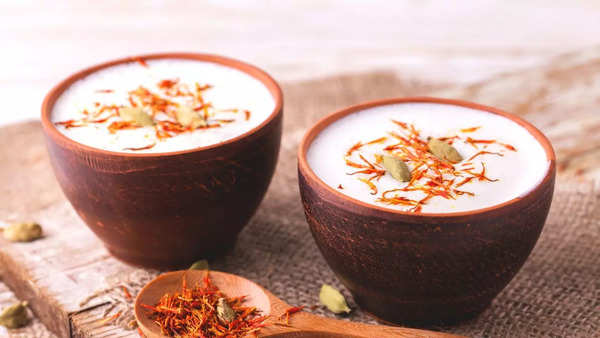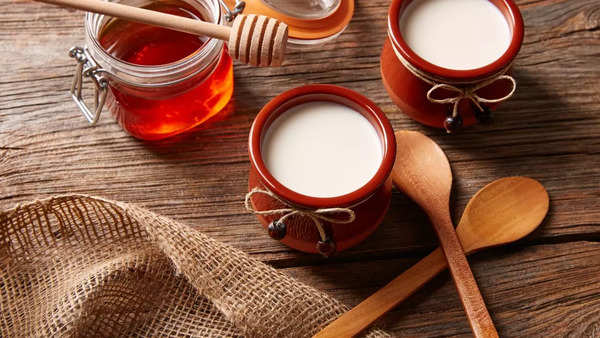All about curd and fish?
Consuming curd and fish together in a small amount is often believed to be safe for consumption.However, the combination of milk fats and high amounts of protein may lead to several digestive issues and can also lead to health concerns. Here are some things to keep in mind, if you consume them together.

Digestive Compatibility
Some people may find it difficult to digest fish and dairy together due to the different digestion rates and enzymes required for each. However, this varies from person to person based on individual digestive health.
Potential Discomfort
Eating fish and dairy together may lead to gastrointestinal discomfort such as bloating, gas, or indigestion in some individuals, particularly those who are lactose intolerant or have sensitive digestive systems.

Nutritional value
Both fish and dairy products like curd are nutritious foods, each offering a unique set of vitamins, minerals, and macronutrients. Combining them can contribute to a balanced meal, especially when paired with other complementary foods like vegetables, grains, or legumes.
Why should you avoid eating fish and curd?
Allergic Reactions
Some individuals may have allergies to either fish or dairy (lactose intolerance or milk protein allergy). Allergic reactions can manifest in various ways, including skin symptoms such as itching, hives, or eczema. If you have known allergies to either fish or dairy, it’s essential to avoid consuming them to prevent allergic reactions.
Food Sensitivities or Intolerances
Even if you are not allergic to fish or dairy, you may have sensitivities or intolerances to certain components in these foods. For example, histamines in fish or lactose in dairy products may trigger skin issues like rashes or acne in sensitive individuals.

Digestive Distress
Indigestion or gastrointestinal discomfort caused by consuming fish and dairy together can indirectly impact skin health. Digestive issues such as bloating, gas, or inflammation may exacerbate existing skin conditions like acne or eczema.
High Fat Content
Some types of fish, particularly fatty fish like salmon or mackerel, contain high levels of omega-3 fatty acids, which are beneficial for skin health. However, if consumed in excess, the high-fat content in fish dishes combined with dairy products like curd may contribute to oily skin or acne flare-ups in some individuals.
In a nutshell
It can be concluded that combining fish and curd in a meal is generally safe. However, it majorly depends on an individual’s level of tolerance and dietary practices. But, if you are unsure about how your body will react or if you have specific dietary restrictions or health concerns, it’s always a good idea to avoid consumption of two proteins that may trigger ailments and reactions.

